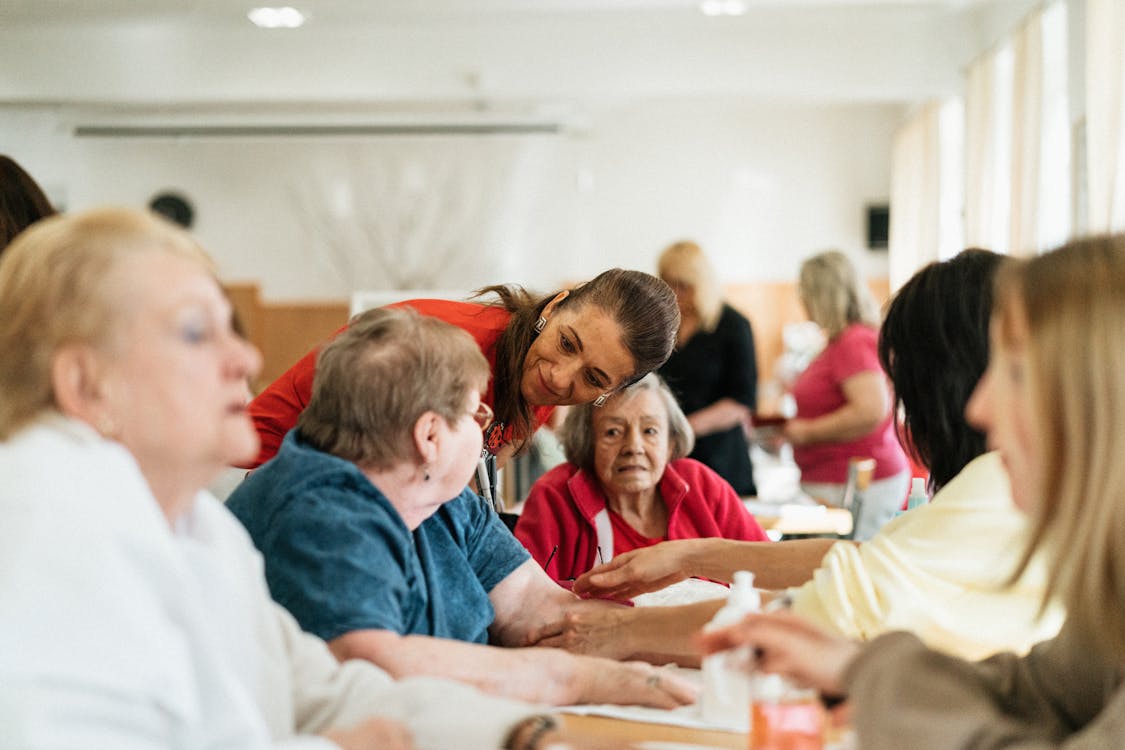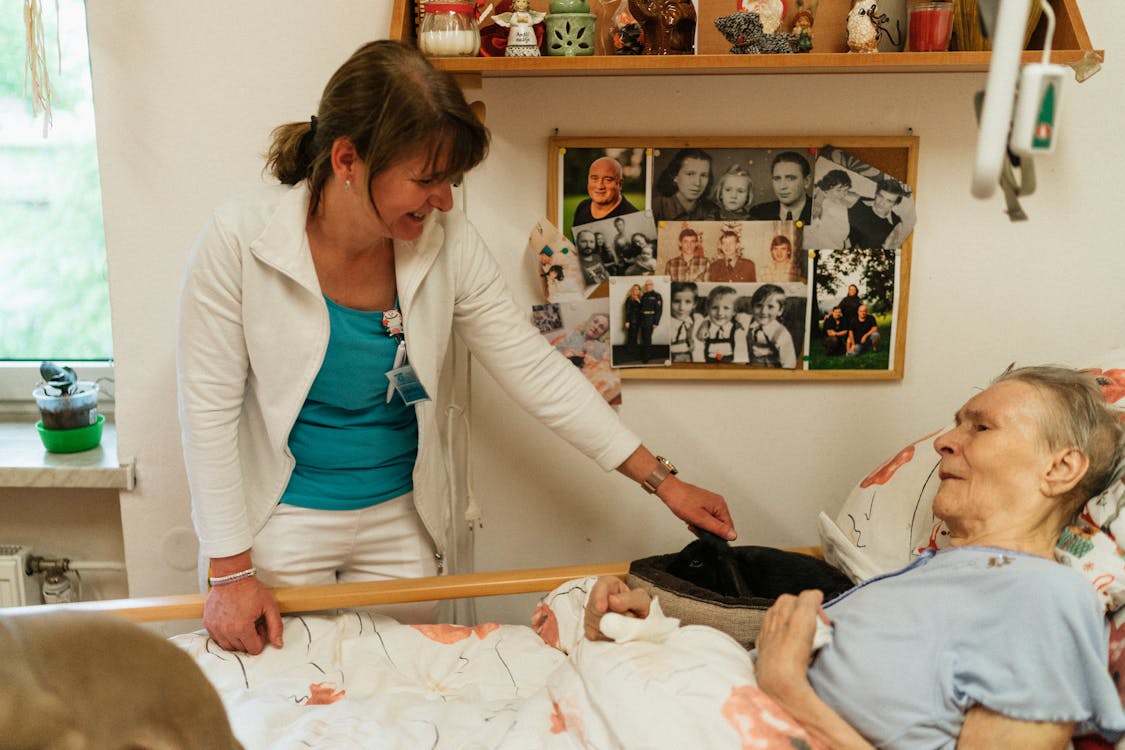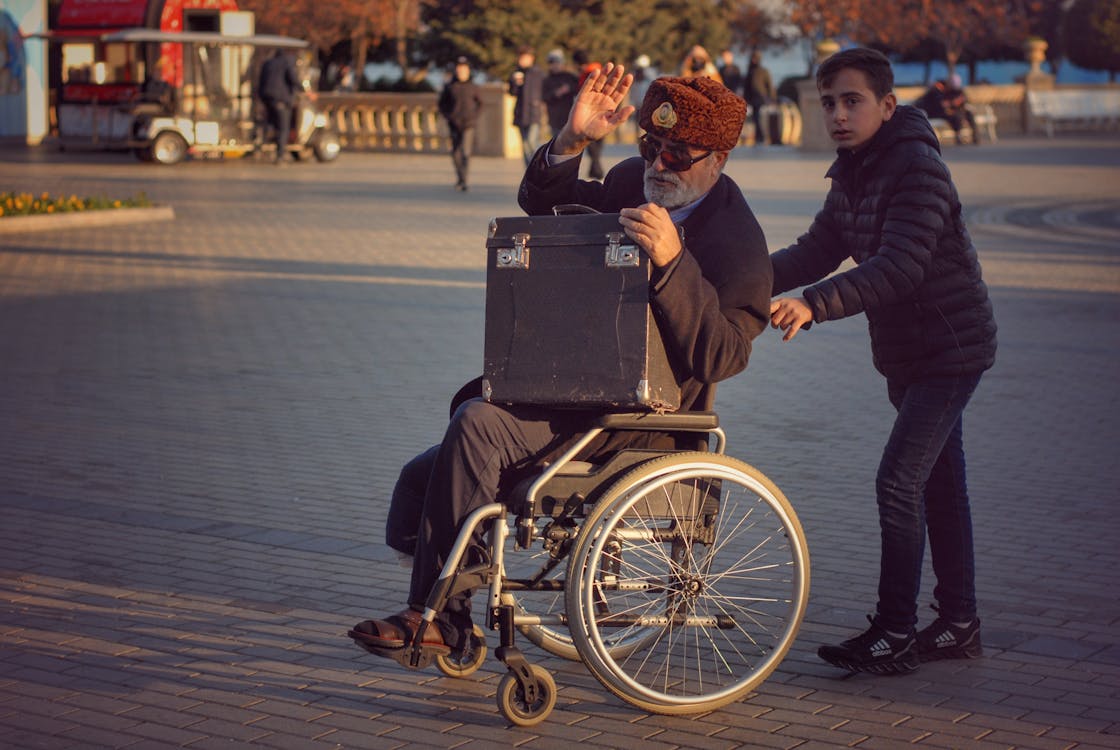Elizabeth never thought she would have to handle so much at the age of 38. During the day, she was a mother of two and a school administrator. At night, she was the chief caregiver to her elderly mother-in-law, who developed complications from a stroke a few weeks ago.
With guiding her children as they did their homework, her demanding job, and midnight emergencies with her mother-in-law, Elizabeth could barely find time to sleep. But whenever she felt like collapsing or thought about asking for help, guilt took hold of her.
“She looked after my husband and treated me like a mother,” she told herself. “The least I can do is to reciprocate now.”
However, there were nights she cried silently into her pillow, exhausted and ashamed for even desiring a break.
The Reality of Caregiver Stress
There are many adults, especially women who are dealing with the same situation as Elizabeth. They are caring for their aging parents or in-laws, providing physical, emotional, and even financial care. Even when performed out of obligation and love, caregiving can have some serious effects on a person’s health and well-being.

Caregiver stress is the emotional, physical, and mental strain that results from ongoing caregiving for another person. According to the Family Caregiver Alliance, caregivers are more likely to experience symptoms of depression, anxiety, and chronic stress than non-caregivers.
These symptoms and signs are:
- Constant fatigue
- Feeling irritable or hopeless
- Loss of interest in things once enjoyed
- Sleep disturbances
- Physical ailments (headaches, stomach issues, etc.)
Why It’s Difficult to Take a Break
Caring for an elderly parent or relative is not just a duty; it’s also emotionally tied to culture, family expectations, and love. Most caregivers will feel guilty for even considering their own needs first.
You may think:
- “They took care of me once; now it’s my turn.”
- “If I take a break, who will cover for me?”
- “I shouldn’t complain because some other people have it worse.”
This emotional pressure makes it even harder to set boundaries or find help and leads many caregivers into the cycle of love and exhaustion.

Self-Care Is Not Selfish; It’s Survival
Self-care is needed so that you can take care of others. When you care for your own well-being, you’re better equipped to care for others. Here are some practical tips to help you manage caregiver stress in your daily life:
- Set Boundaries with Love
Everything does not have to fall on your shoulders. If you must say “no” to another family commitment, do so respectfully, but firmly. Learn to separate what’s urgent from what’s not, and protect your time.
2. Ask for Help and Accept It
Let go of the idea that it is irresponsible or a sign of weakness to ask for help. Get help from your siblings, employ a part-time helper, or reach out to friends who can be available for you. These support systems exist and they matter.
3. Schedule “Me Time” Daily
Even 20 minutes of alone time will recharge your batteries. Take a walk, write in a journal, listen to soothing music, or just sit quietly. Treat this time like an appointment that is non-negotiable and important.
4. Join a Support Group
You are not alone. Support groups (both in-person and online) provide a safe space to share, cry, laugh, and learn from others who truly understand the struggle of caregiving.
5. Consider Professional Counselling
If you are getting overwhelmed too often, speak to a mental health professional. They can help you process emotions, deal with guilt, and build healthy coping habits.
6. Use Tools and Technology
Use scheduling apps, medication reminders, or meal delivery services to lighten the load. These small tools can free up time and reduce mental fatigue.

You Can’t Pour from an Empty Cup
There is a reason flight attendants always say, “Put your own oxygen mask on first.” If you faint from burnout, you won’t be able to take care of anybody including yourself.
So breathe, take that pause, and ask for help. Even small shifts can have a big impact on your energy, clarity, and inner peace of mind.
In case you need to hear it today, you’re doing a lot already. You are holding up more than most people realise. And even on days when you feel like you’re not doing enough, you are still showing up and that counts.
Let this be your reminder:
“Taking care of another person is noble. Taking care of yourself in the process is essential.”
